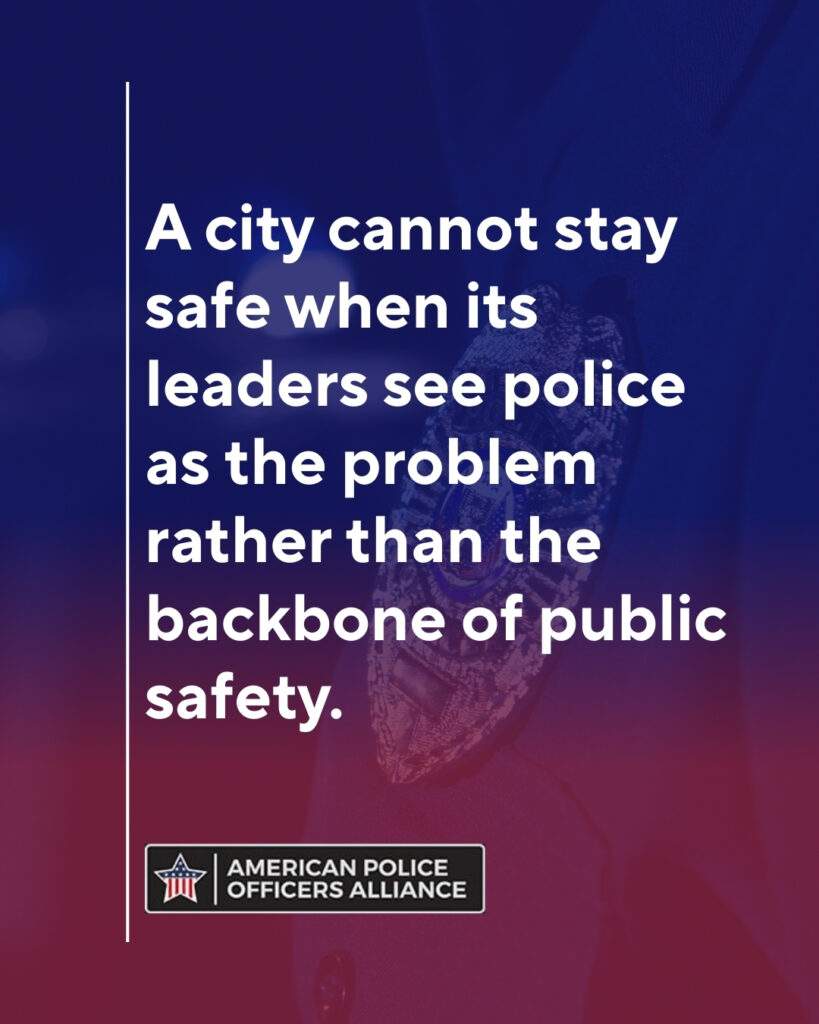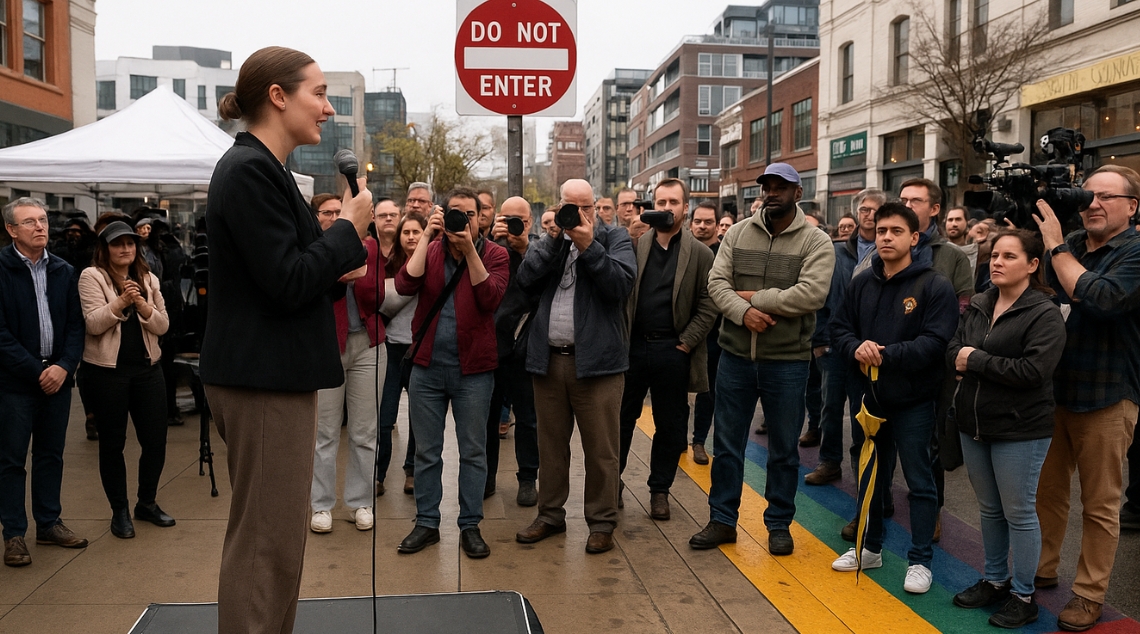The election of Katie Wilson as Seattle’s next mayor marks a significant shift, one that should be cause for deep concern among conservative voters and anyone prioritizing robust law enforcement. Wilson, a progressive activist and democratic socialist, has a history of advocating policies that directly threaten the strength and capacity of the Seattle Police Department (SPD), raising questions about her commitment to public safety.
Wilson’s political background is closely tied to the movement to defund the police. While she has sought to moderate her language during the mayoral race, her previous and influential statements reveal a clear intention to drastically reduce the size and scope of the SPD.

In 2020, as an outspoken advocate for the so-called “Solidarity Budget”, Wilson was quoted stating a long-term goal for the city’s police force. She said, “we want to move towards a future entirely without SPD; we want to focus energy elsewhere.” This isn’t just a call for reform; it’s a declaration of a desire for abolition.
Wilson also celebrated the 2020 City Council decision to cut the police budget by 20%, expressing her hope that the resulting “attrition strategy will actually reduce SPD numbers as the next year goes on.” These cuts, as police critics warned, contributed to a mass exodus of officers and the lowest staffing levels in decades—a staffing crisis that continues to plague the city’s ability to respond to crime efficiently.
While Wilson’s campaign website now discusses “public safety,” the focus remains heavily on civilian alternatives and diverting police work to non-sworn personnel. She explicitly calls for the “civilianizing work that doesn’t need to be done by sworn officers: directing traffic at events, taking down crime reports when there is no present danger, responding to non-injury traffic incidents, etc.” and supporting the expansion of the Community Assisted Response and Engagement (CARE Department).
This approach prioritizes shifting resources away from sworn officers, which many fear will further cripple the already depleted SPD. While alternative response programs have a place, Wilson’s platform suggests they are a substitute for a well-funded police force, not a supplement. Furthermore, her focus on de-policing public order issues—like low-level drug crimes—through collaboration with social workers (the LEAD framework) signals a reluctance to enforce laws that keep streets safe and orderly.
For conservative voters, Wilson’s victory means the continuation, and likely acceleration, of an agenda that views police as the problem rather than an essential service. Her past comments and current priorities indicate a readiness to make significant, potentially dangerous, cuts to law enforcement funding, leaving Seattle’s public safety in an increasingly precarious state.









